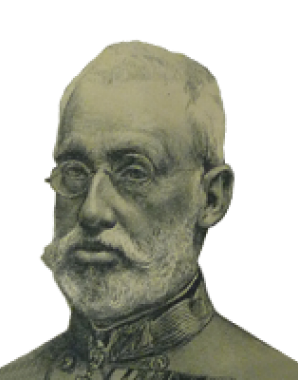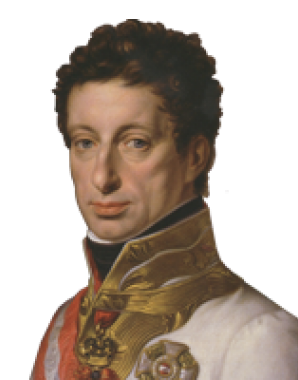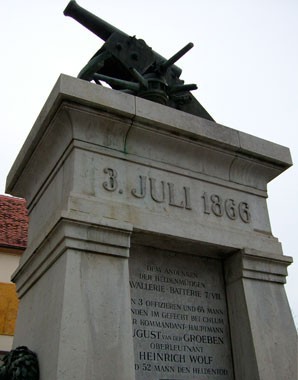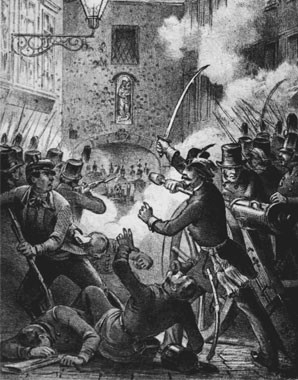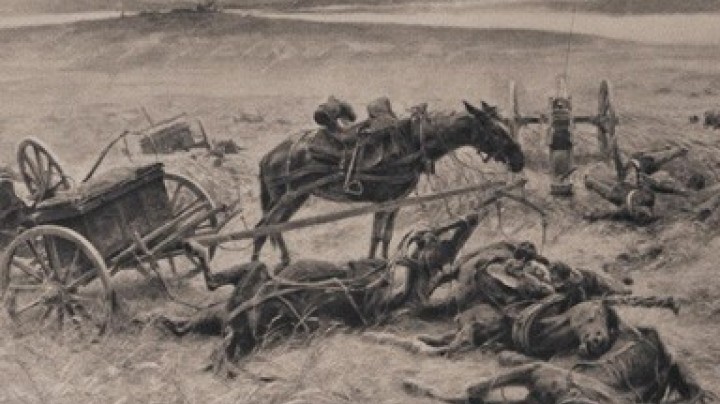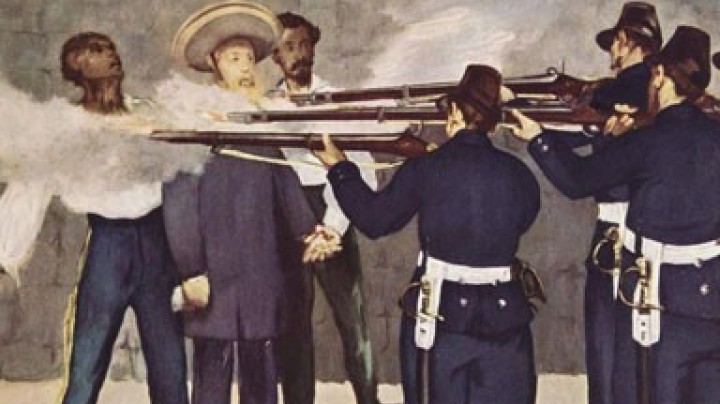A warlike Habsburg: Archduke Albrecht
Archduke Albrecht was a particularly fervent warrior. He pursued an intensive military career.
Honorary Colonel of Infantry Regiment 44 at only thirteen years of age – what lad could remain unmarked by a hobby such as this? Taking on such responsibility was all part and parcel of a strict military training, which in Archduke Albrecht’s case was extended into a full career. He was already marked by his family background – after all, he was the son of the legendary Archduke Karl, who at the battle of Aspern had deprived Napoleon of his reputation of being undefeatable.
Albrecht made a meteoric start to his military career – at the age of twenty he was appointed second in command of Infantry Regiment 13 (Baron Wimpffen), two years later he was transferred to Curassier Regiment 4 (Baron Mengen), and a year later he was promoted to the rank of Generalmajor (Brigadier General) In the Revolution of 1848 he was only active briefly, giving the order for the armed forces to fire on the furious crowd – the ‘mob’. The shots that followed caused the first fatal casualties. Thereupon, Albrecht requested Emperor Ferdinand to relieve him of his command. He went to Italy but remained faithful to the army, moving from one command to another in rapid succession. Albrecht reached the peak of his military career in 1866 through his victory at Custozza in the war against Italy – but at the price of around 5,000 lives. However, as Austria was defeated by Italy’s ally Prussia at Königgrätz, it still had to relinquish Venetia. Before the war Venetia had been promised to France in return for its neutrality, and after the war it passed into Italian hands.
Albrecht was one of the most conservative Habsburgs of the nineteenth century. He became a symbol of the traditional monarchical values that were widely held in the dynasty and were to be so diametrically opposed to the modernizing currents abroad in society around 1900. Most notable amongst the family members with whom he crossed swords was Crown Prince Rudolf, who was in many matters more liberal in his views.

